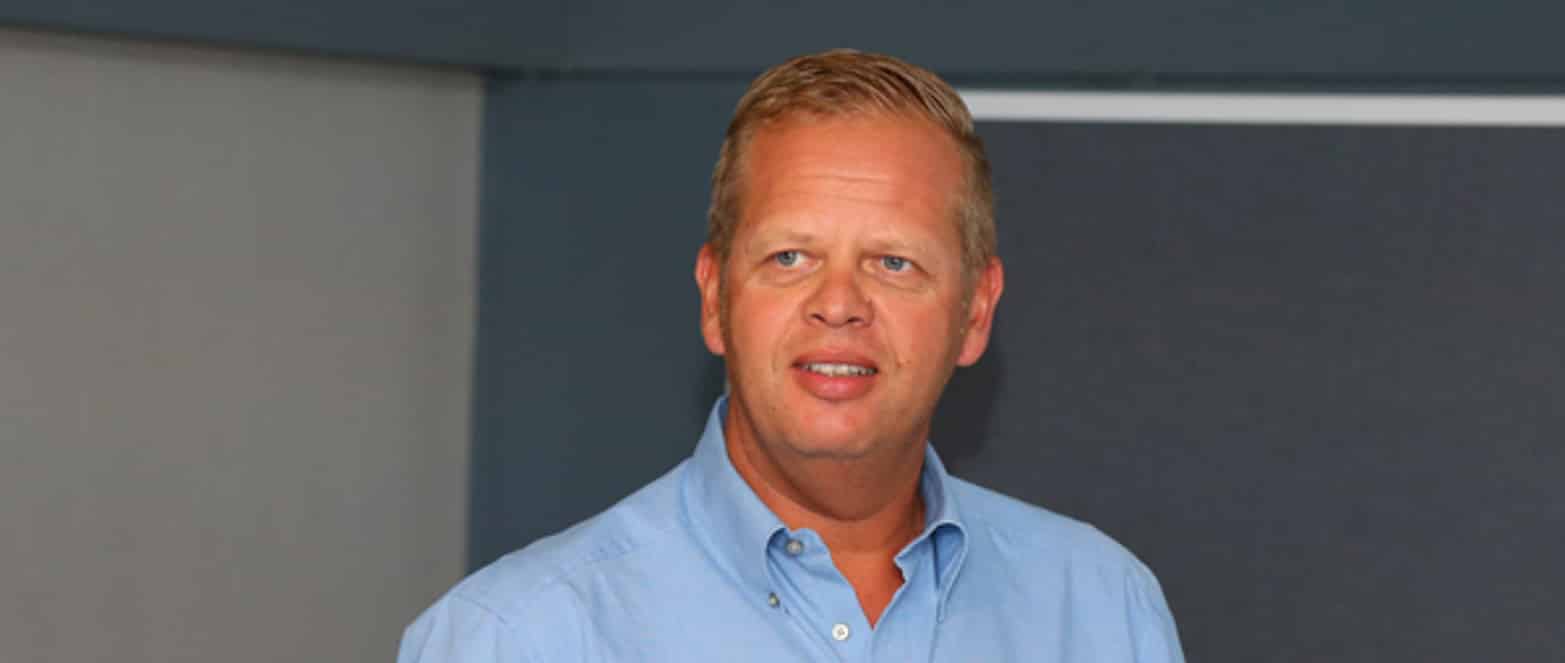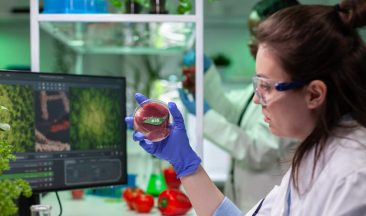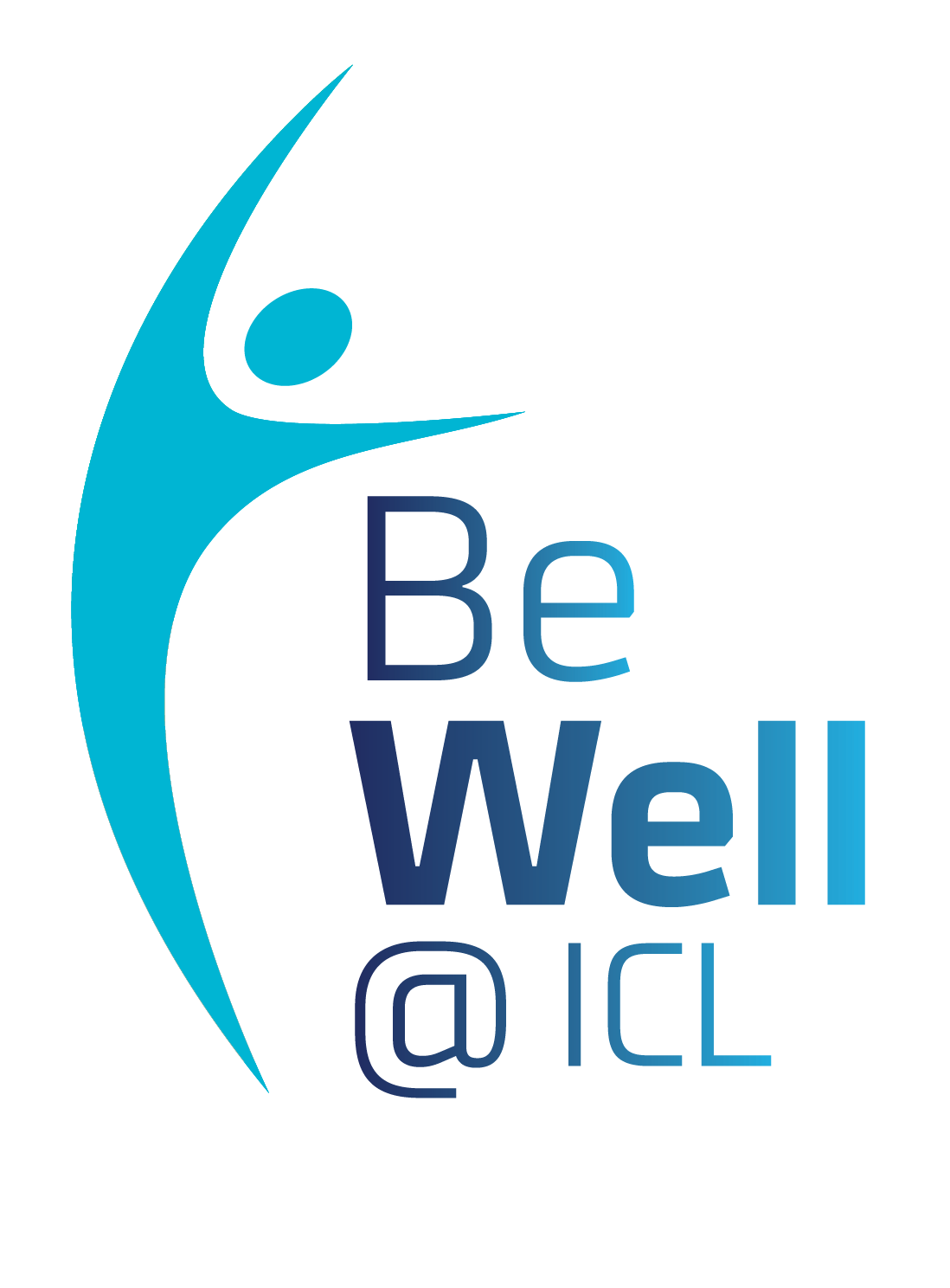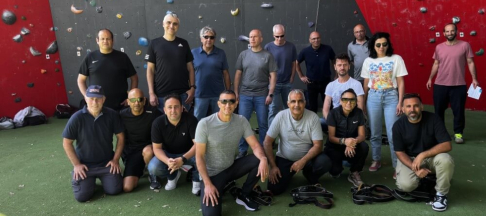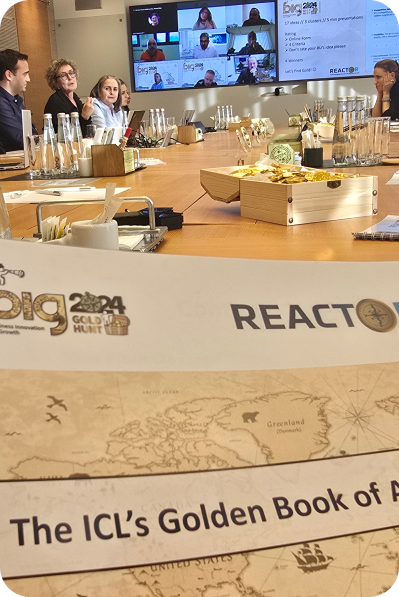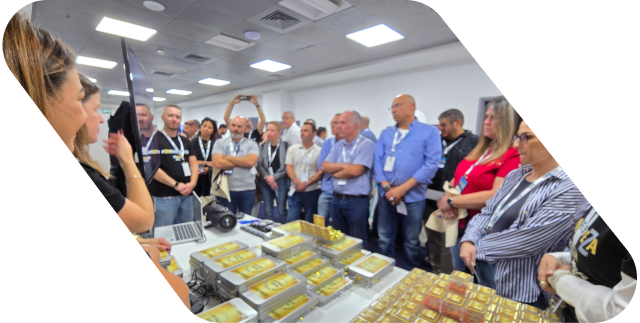Engaging employees in meaningful and fulfilling work is an integral pillar in our company’s culture. We are driven by the vision that a better and more sustainable future is in reach when we all work together. This vision comprises staggering innovation and quality working hand-in-hand with our strong values of safety and sustainability. ICL is holding an Environmental, Social, and Governance (ESG) week for employees across all ICL sites and facilities worldwide to bring awareness to the issues involved. We will use this opportunity to familiarize employees with the methods we have implemented, such as our Operational Excellence Management System (OEMS) and our pandemic management methods.
One of our recent success stories comes courtesy of Thomas Joerder, Operation Manager, and his team at the ICL-Ladenburg plant in Germany. You are most likely familiar with the autocorrect function on your PC or smartphone, which is the feature that analyzes the text you are writing and suggests what may be wrong, out of place, or missing, all in real-time. This groundbreaking feature’s introduction and gradual perfection changed the typing experience for everyone fortunate enough to use it. Further advances in technology have made it possible to elaborate on computer capabilities by adding video and 3D machine vision. This allows the computer to not only have the ability to scan for flaws on a page of text but also a three-dimensional environment by using automated video-camera systems technology.
“Rapid advances in the field of machine vision allow impressive innovations in quality control and machine maintenance,” tells Thomas. “It is possible today to develop camera and micro-camera systems that enable remote-operated and fully automated maintenance of complex machine environments.” One such recent breakthrough comes from the ICL-Ladenburg plant in Germany, where Thomas and his team encountered problems with label printing. Labels contain a variety of information, like dose number, material, amount, etc., in local and foreign languages, as per customer specifications. To counter the label issue, the factory installed a control system supported by video, which can detect missing or inaccurate labels. This is a smart video system that is capable of learning as it compares the object (a sack of material) under scrutiny with the rest of the surrounding objects.
Due to the success, Thomas and his team are now applying this technology to examine sacks with sealing problems to prevent the possibility of materials spilling out. “As part of our global cooperation policy, we shared the information inside the organization, together with the DSS site,” Thomas adds. “The video system has been successfully adapted to detecting black specks in the material which deviate from the material’s original color and indicate pollution.”
The adaptability of this technology indicates impressive potential across many fields. Immediate possibilities include detecting foreign bodies– any external factor or object which does not belong in the material, e.g., a small mechanical part that got loose, a fragment that broke off the conveyor belt, pieces that can range from tiny to fairly large.
Systems of this kind could likewise be applied to conveyor belts anywhere, to monitor specific objects on them (items being produced), the machines involved in producing them (loose parts and mechanical flaws), and the production process as a whole for both production quality and worker safety. Thomas is looking forward to the future, and all he sees are potential innovations. “We are very confident that the experience with these self-learning devices we made in Phosphate Specialty can be of great benefit to other locations within ICL as well.”
You may be interested in:
